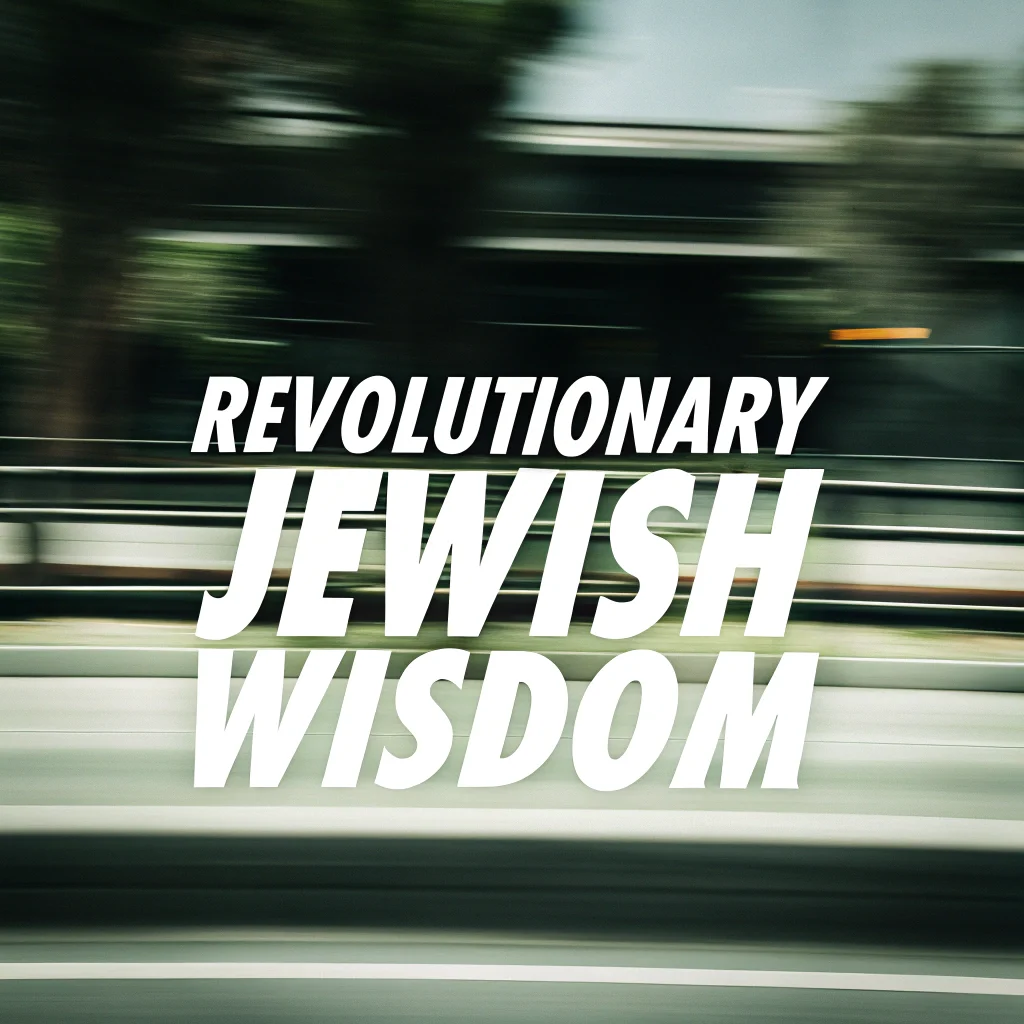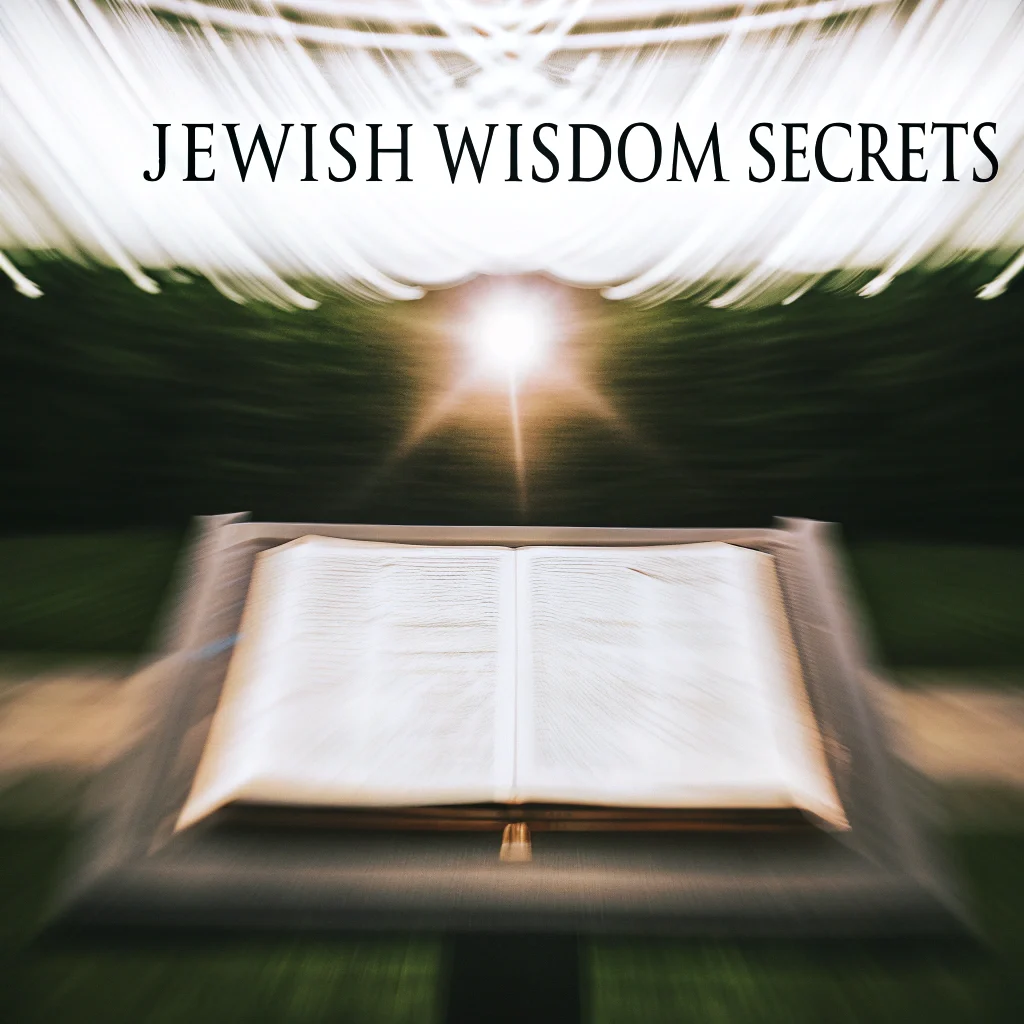The Deep Meaning of Psalm 9: Hope and Justice in Understanding Ancient Texts
The timeless themes of hope and justice flow throughout Psalm 9. Many seek answers about fairness in our complex world. First, ancient texts, especially Psalms, contain wisdom relevant today. Therefore, Psalm 9 stands out. It speaks directly about hope and divine justice.
Hope and Justice in the Mysterious Beginning of the Psalm
Psalm 9 begins with these words: “To the conductor, on muth-labben, a song of David.” What exactly does this mysterious “muth-labben” mean? Various experts offer different views. Some link these words to Absalom’s death. Others connect them to Nabal. Most likely, it refers to a music tool or way of singing.
The Great Book says it’s one word. Teachers compare it with “He will lead us as in youth.” Also, another view links to the future. At that time, “Israel’s youth will shine. Their goodness will show. Their rescue will come.”
Gratitude and Promise of Joy
The psalmist begins with heartfelt gratitude: “I thank the Lord with all my heart. I tell all Your wonders.” This goes beyond formal praise. The author actively promises to share “all wonders.” He highlights the great deliverance “equal to all miracles.”
When expressing joy, the writer declares: “I rejoice in You. I sing praises to Your name.” Here, joy flows from relationship, not merely religious enthusiasm.
Hope and Justice: Fair Treatment for All Nations
The main idea of the psalm focuses on godly fairness. As the text states: “You handled my case; You sat as a fair judge.”
Most importantly, verses 6-7 say: “You scolded nations, You ended the bad man; You wiped out their name forever… The enemy is gone; swords last forever, and You pulled up the cities—no one remembers them.”
According to teachers, this points to Amalek (“first of nations”) and Esau’s children. As a result, the psalm shows that hope and justice win. God punishes bad people and wipes away their memory.
Divine Hope and Justice: God Helps the Weak
The psalm gains special power through its picture of God as the helper of the weak and hurting:
“The Lord actively shields the crushed. He becomes their safe place in times of trouble.”
Moreover, it states: “God remembers the needy forever. The hope of the poor stays strong always.”
The psalm writer shows that even though unfairness may seem to win now, in the end, God will fix things. Thus, this old text gives lasting comfort to those facing hard times.
Prayer for the Swift Restoration of Justice
The last part shares a heartfelt prayer:
“Rise up, O Lord! Stop human power. Judge the nations. Put control over them. Let nations know they are just human.”
In this case, the writer wants proud people to see their limits. Teachers note “mora” (fear) can mean “yoke” or “razor.” As a result, these word-pictures show how human power has clear limits.
Finding Hope and Justice: How to Use This Psalm Today
Psalm 9 helps those who:
- Seek comfort in hard times
- Face unfairness today
- Need reminders of human limits
- Build thankfulness through hard times
After all, when we read this psalm, we find hope. In addition, we learn that fairness will win through God’s action. Bad deeds only seem to go unpunished.
Hidden Meanings
In Jewish teaching, wise men link this psalm to Israel’s future rescue. They see a promise about making whole God’s Name and throne. This points to words in Exodus (17:16): “A hand is on God’s throne.” There, “throne” looks cut short. Also, God’s name stays split.
The psalm speaks about payback: “The bad people return to the grave.” Teachers explain this clearly. After judgment, the wicked go “to the lowest part of the afterlife.”
Furthermore, this old text still touches hearts today. People looking for fairness find its message helpful. Above all, many feel its power just as strongly now as when it was first written.
Source: Tehillim (Psalms) – Chapter 9
Afterword: The text of this article has not been approved by any sage, Torah scholar, or rabbi and is merely a simplified adaptation of the sacred text for general understanding. For comprehension of true wisdom and a deeper understanding of the original text, you should refer to the sources.
This and all other article texts of the Mega-Charity.Org resource express only the personal opinions of the authors who compiled them. They are intended only for general and superficial understanding of the real sources of wisdom. References to which are provided.



